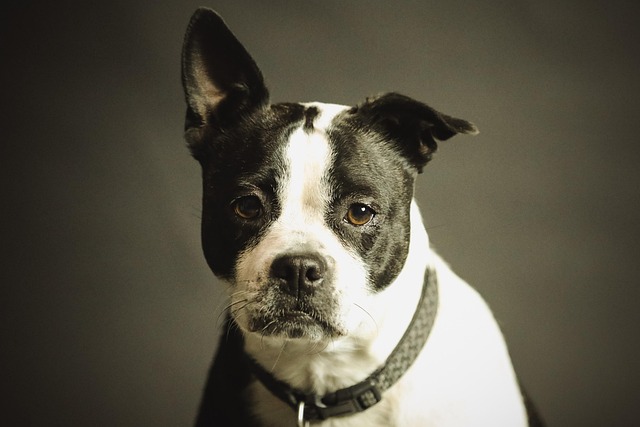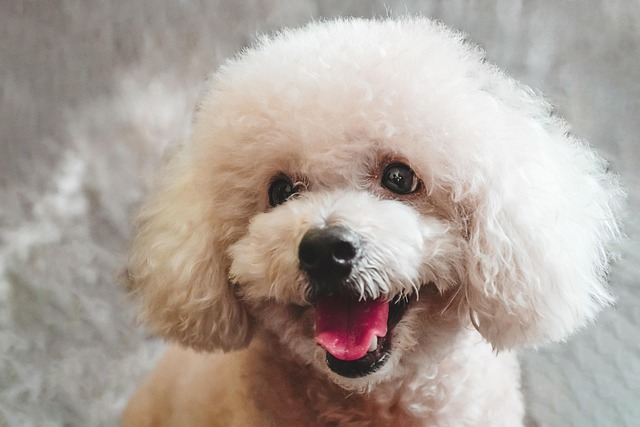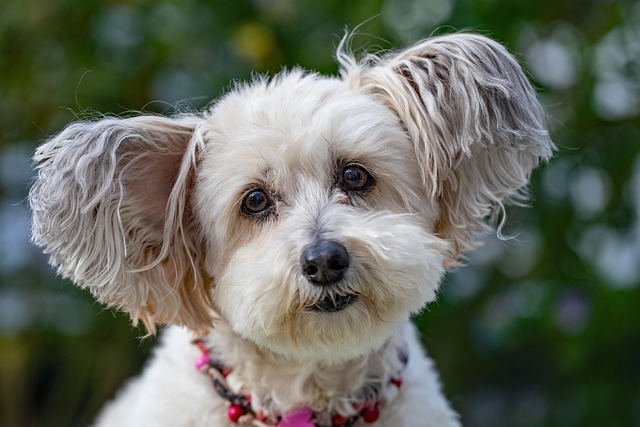
How to discipline a Beagle puppy?
Beagle puppies come with a double dose of energy and curiosity—traits that make them charming, but also prone to chewing shoes or darting through open doors.
Disciplining a bichon starts with understanding their unique personality—these fluffy companions thrive on attention and positive interactions, so harsh methods rarely work. Instead of scolding, focus on redirecting unwanted behavior. For example, if your bichon nips while playing, swap your hand for a chew toy and praise them when they engage with it. This teaches boundaries without fear, aligning with many European countries’ guidelines that discourage punitive training.
Consistency is key, especially in households with multiple family members. If one person allows jumping on the couch but another doesn’t, your bichon will grow confused. Set clear rules: maybe no paws on the dining table during meals, or a designated spot for their bed. Reinforce these with treats and verbal affirmations like “good sit” when they comply. It’s a approach that works well with their eager-to-please nature.
Timing matters more than volume. If your bichon chews a shoe, catch them in the act and firmly say “no” before offering a toy. Waiting even a minute means they won’t connect the correction to the behavior. This immediate feedback helps them learn faster, reducing repeat offenses. Remember, bichons have short attention spans, so keep training sessions brief—five to ten minutes a few times a day is enough.
 Socialization plays a role in preventing misbehavior. Exposing your bichon to other dogs, people, and new environments from a young age builds confidence, making them less likely to bark excessively or act out of fear. Many U.S. cities require dogs to be well-socialized in public spaces, so this also keeps you compliant with local laws. Plus, regular walks in the park or visits to pet-friendly cafes provide mental stimulation, curbing destructive habits at home.
Socialization plays a role in preventing misbehavior. Exposing your bichon to other dogs, people, and new environments from a young age builds confidence, making them less likely to bark excessively or act out of fear. Many U.S. cities require dogs to be well-socialized in public spaces, so this also keeps you compliant with local laws. Plus, regular walks in the park or visits to pet-friendly cafes provide mental stimulation, curbing destructive habits at home.
Never use physical punishment, as it can lead to anxiety or aggression. In places like the UK, animal welfare laws explicitly prohibit such treatment, and for good reason—trust is the foundation of your bond. Instead, use time-outs sparingly: if they refuse to calm down, guide them to their crate with a calm voice and wait until they settle before letting them out. This teaches self-control without stress.
End each training session on a positive note. Even if progress is slow, a treat or a belly rub reinforces that good behavior gets rewarded. Bichons are sensitive souls, so patience goes a long way. Over time, you’ll notice fewer accidents, less jumping, and a happier, well-adjusted pup that fits seamlessly into your daily life—whether you’re strolling through a Parisian neighborhood or a suburban American street.

Beagle puppies come with a double dose of energy and curiosity—traits that make them charming, but also prone to chewing shoes or darting through open doors.

Dogs thrive on routine, and small breeds—with their quicker metabolisms—need extra consistency. Start by taking your pup out at the same times daily: right after waking up, 15 minutes after meals, and just before bed.

Corgis, with their stubby legs and big personalities, can be little troublemakers when they decide to ignore commands.

The sudden explosion of barking when a delivery person approaches your door or a neighbor walks past your window is more than just a nuisance

The panicked barking that starts the moment your apartment door closes isn't just heartbreaking—it's a common struggle for urban dog owners trying

That insistent barking your dog does when demanding food, attention, or toys isn't just annoying—it's a learned behavior that's surprisingly easy to reinforce accidentally.